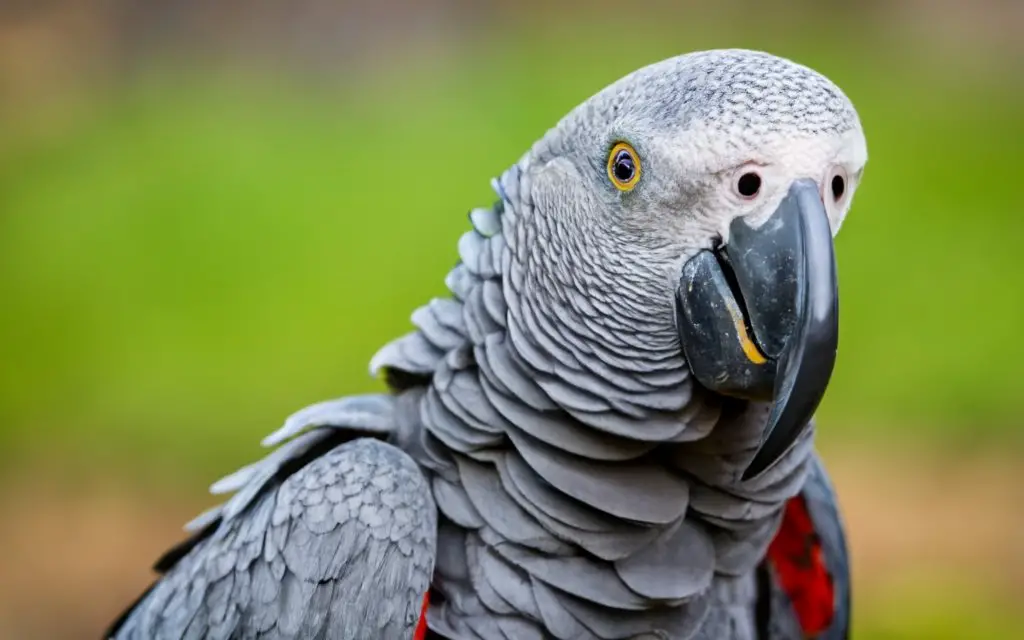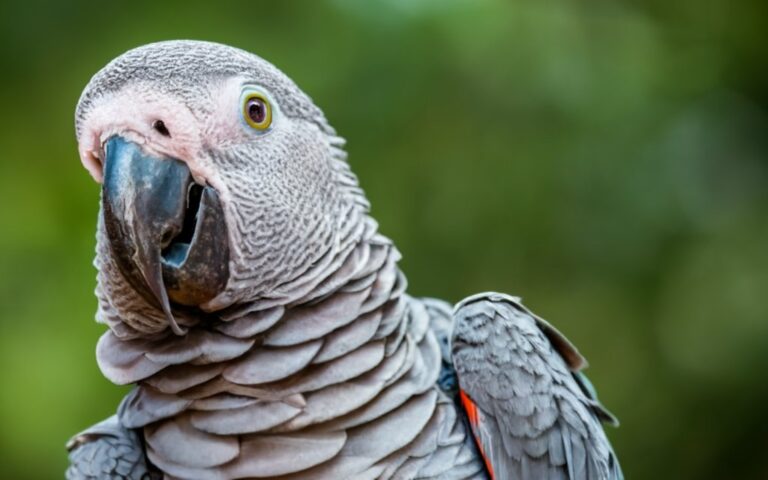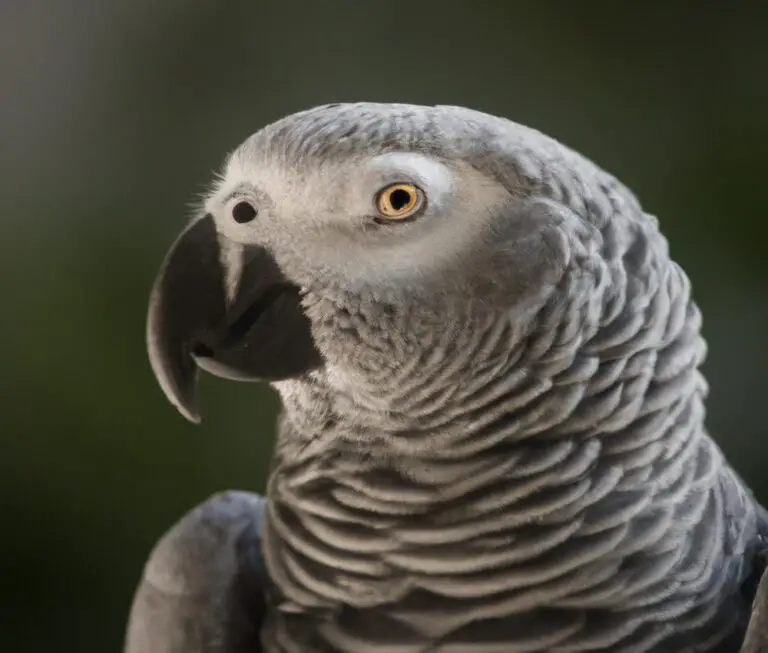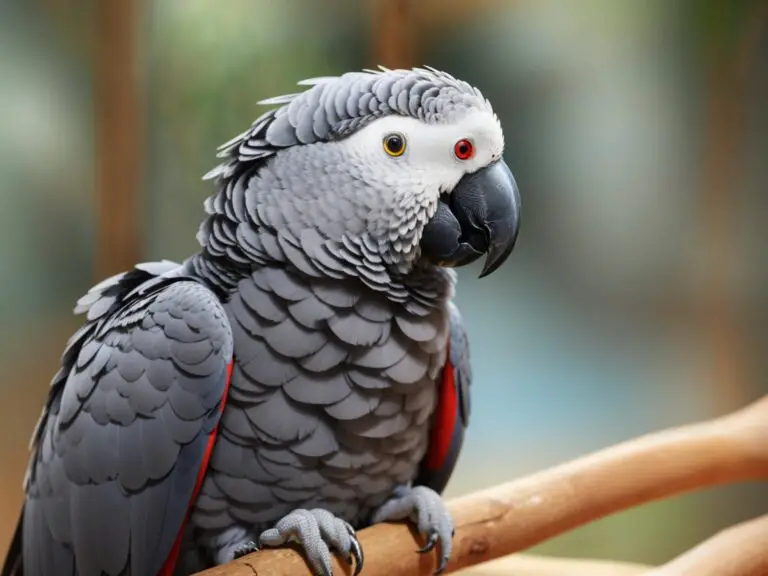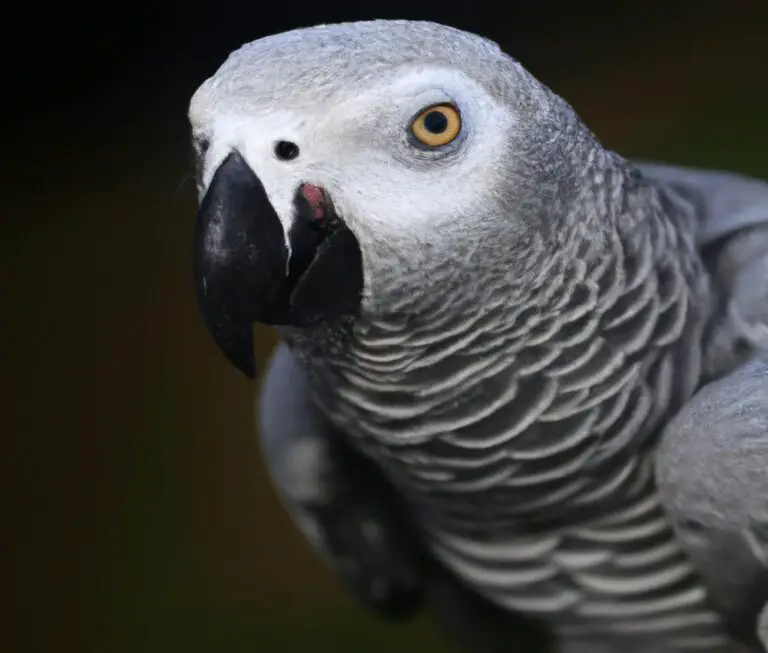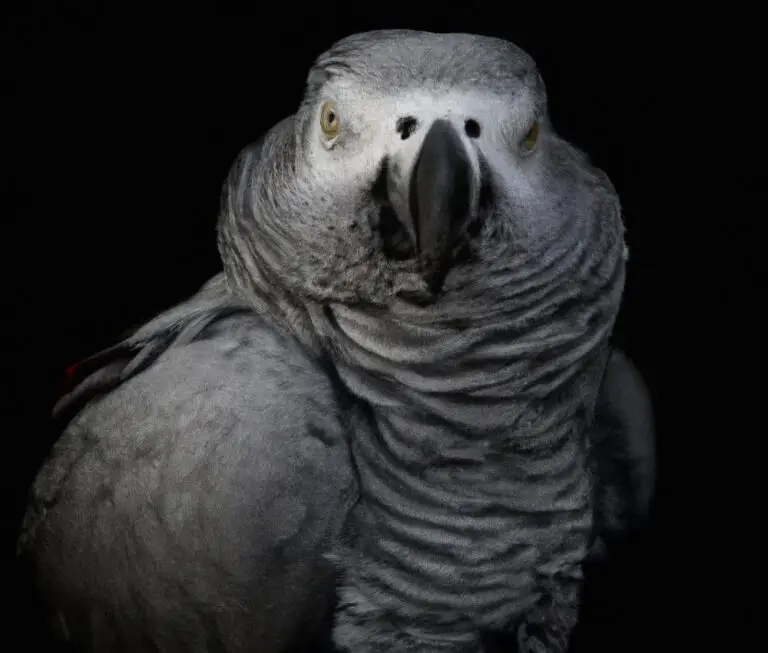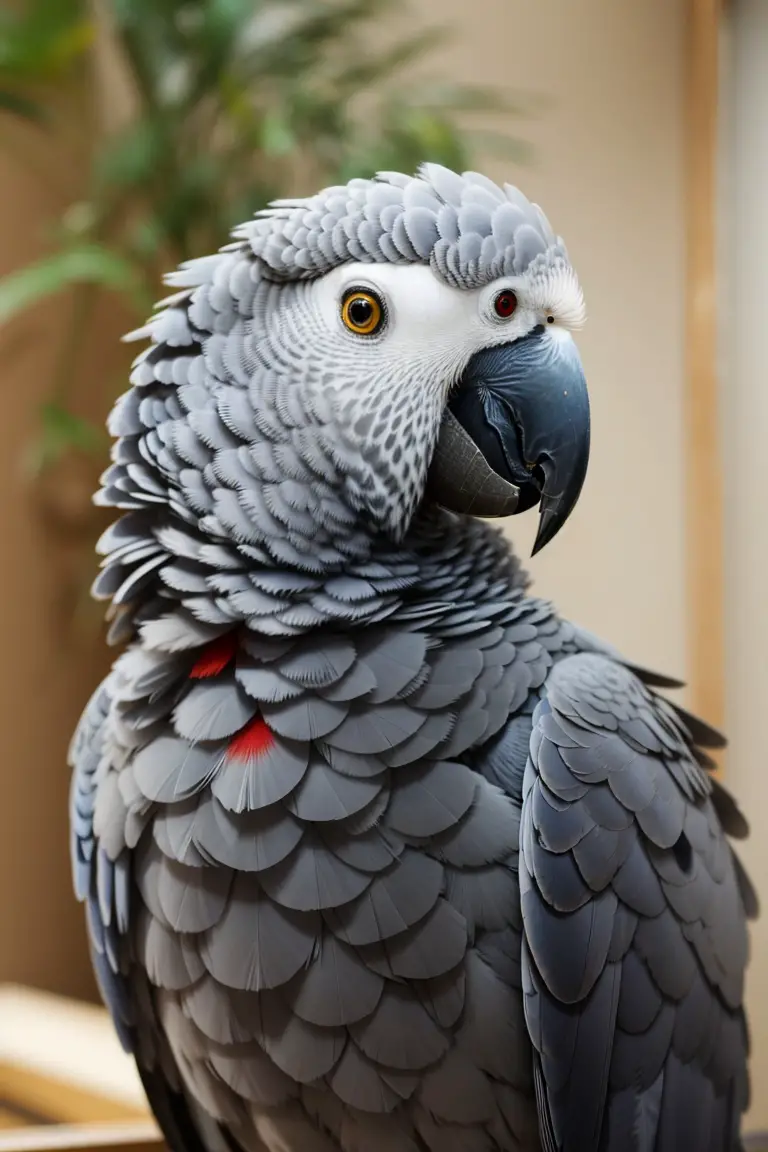How To Feed a Baby African Grey Parrot?
Key Takeaways:
- Offer a balanced diet that includes fresh fruits, vegetables, nuts, and lean protein sources.
- Introduce new foods gradually to allow for proper digestion and minimize potential allergies.
- Provide a variety of foods to meet nutritional needs and prevent boredom.
- Ensure access to clean water at all times to keep your baby African grey parrot hydrated.
Are you ready to embark on the exciting journey of raising a baby African grey parrot? Feeding your feathered friend is a vital aspect of their development, ensuring they grow into healthy and vibrant adults.
But where do you begin?
In this informative blog article, I will share my expertise on understanding the nutritional needs of baby African grey parrots and guide you through the process of establishing a feeding schedule. We will also explore the hand-feeding method, introducing solid foods, and supporting the feeding process for your little parrot.
Get ready to become a pro at feeding your baby African grey parrot!
| Aspect | Food |
|---|---|
| Primary Diet | High-quality pelleted parrot feed |
| Seeds and Nuts | Occasional treats, but not a staple |
| Fruits and Vegetables | Provide a variety daily, such as: |
| |
| Protein | Offer cooked eggs, lean poultry, or legumes occasionally |
| Calcium | Include sources like chopped kale, broccoli, and fortified foods |
| Water | Provide fresh, clean water daily |
| Avoid | Chocolate, caffeine, alcohol, avocados, onions, and high-salt foods |
Understanding the Nutritional Needs of a Baby African Grey Parrot
Understanding the nutritional needs of a baby African Grey parrot is essential for their proper growth and development.
Importance of Proper Nutrition for Baby African Grey Parrots
Proper nutrition is vital for baby African Grey Parrots to ensure their growth, development, and overall health.
It provides essential nutrients, vitamins, and minerals needed for their bones, feathers, and immune system.
A nutritious diet promotes strong cognitive function and prevents potential health issues.
Basic Dietary Requirements for Baby African Grey Parrots
Baby African Grey Parrots have specific dietary requirements to support their growth and development.
They need a diet that consists of a variety of fresh fruits, vegetables, nuts, seeds, and grains.
It is important to provide them with a balanced and nutritious diet to ensure their overall health and well-being.
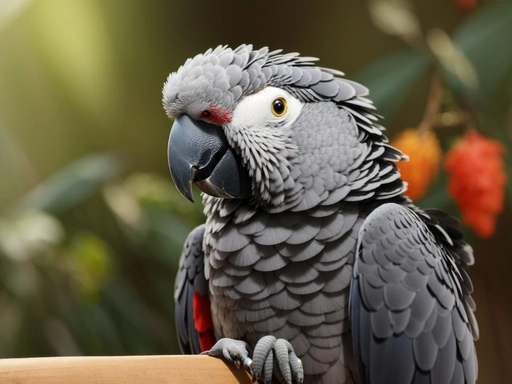
Key Nutrients for Baby African Grey Parrots
Key nutrients for baby African Grey Parrots include:
- Protein: Essential for growth and development.
- Calcium: Crucial for strong bones and beak development.
- Vitamin A: Promotes healthy vision and immune system.
- Omega-3 fatty acids: Good for brain health and feather quality.
- Vitamin D: Helps with calcium absorption.
- Iron: Supports proper blood cell function.
- Vitamin E: Important for cell protection and immune health.
- B vitamins: Aid in metabolism and energy production.
- Healthy carbohydrates: Provide energy for growth and activity.
- Water: Vital for hydration and overall health.
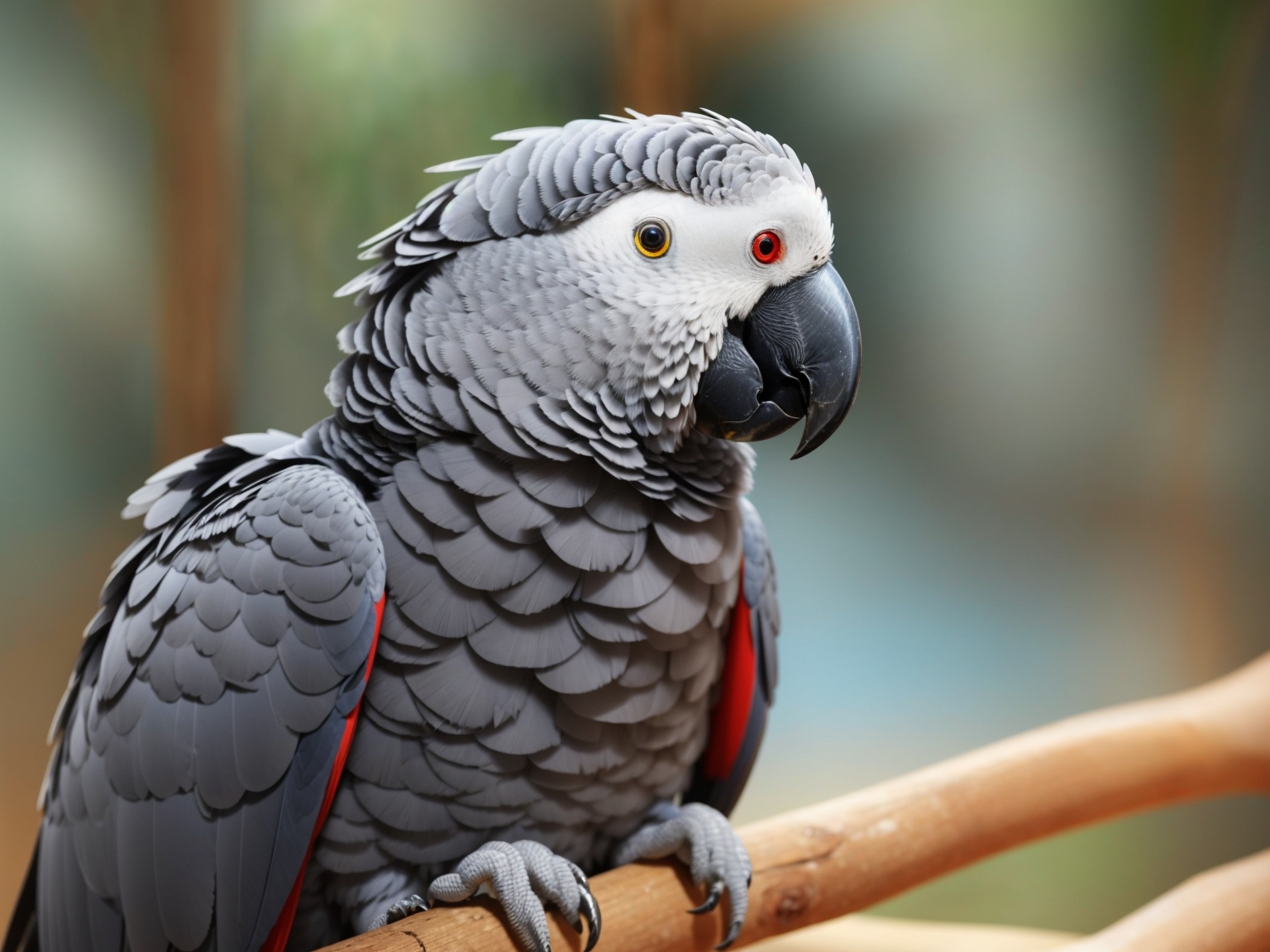
Feeding Schedule for Baby African Grey Parrots
Establishing a consistent feeding schedule is important for baby African Grey parrots.
Establishing a Feeding Schedule
To establish a feeding schedule for a baby African Grey parrot, it is important to consider their nutritional needs. Start by offering hand-feeding formula every 2-3 hours, gradually reducing to 4-5 feedings per day.
Introduce solid foods around 8-10 weeks of age and transition gradually.
Provide fresh water for hydration and offer environmental enrichment during feeding.
The Frequency of Feeding for Baby African Grey Parrots
Baby African Grey Parrots should be fed every 2 to 3 hours during their first few weeks of life. As they grow older, the frequency can be gradually reduced to 4 to 5 meals per day.
It’s important to provide regular, consistent meals to ensure they receive the necessary nutrients for proper growth and development.
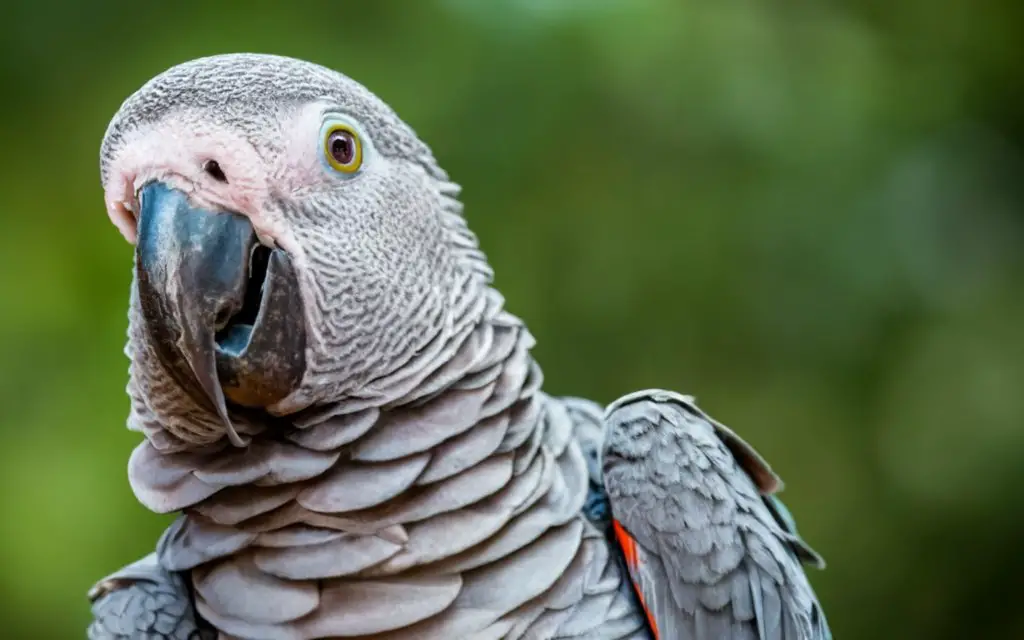
Recommended Foods for Each Meal
For each meal, it is important to provide a balanced diet for your baby African grey parrot.
Include a variety of foods such as high-quality pelleted parrot food, fruits like apples, bananas, and berries, and vegetables like carrots and broccoli.
Additionally, offer small amounts of nuts, seeds, and grains as occasional treats.
These foods will ensure your parrot receives the necessary nutrients for growth and development.
Hand-Feeding Method for Baby African Grey Parrots
To hand-feed a baby African Grey parrot, there are specific steps to follow.
Proper Technique for Hand-Feeding a Baby African Grey Parrot
To hand-feed a baby African Grey parrot, it is important to use the proper technique.
Start by preparing the hand-feeding formula according to the instructions.
Gently hold the baby parrot in a comfortable position, making sure to support its head.
Use a syringe or spoon to slowly feed it small amounts of formula.
Allow the baby parrot to feed at its own pace, watching for signs of hunger and fullness.
Be patient and gentle throughout the feeding process, ensuring the parrot feels safe and secure.
Signs of Hunger and Fullness in Baby African Grey Parrots
Signs of hunger in a baby African grey parrot include vocalizing, eagerly opening their mouth, and bobbing their head.
They may also become more active and restless.
Signs of fullness include slowing down or stopping their eating, turning their head away from the food, and becoming less interested in feeding.
Observing these signs can help you determine when your parrot is hungry or full.
Introducing Solid Foods to a Baby African Grey Parrot
When it’s time to introduce solid foods to your baby African Grey Parrot, start with soft, easily digestible options.
When to Start Introducing Solid Foods
When to start introducing solid foods to a baby African grey parrot? It’s important to wait until the bird is fully weaned, which is usually around 12 to 14 weeks of age.
This allows their digestive system to mature properly and ensures they are ready for solid foods.
Suitable Solid Foods for Baby African Grey Parrots
Suitable solid foods for baby African Grey parrots include:
- Pelleted food: Choose high-quality, age-appropriate pellets that provide a balanced diet.
- Soft fruits and vegetables: Offer small, bite-sized pieces of fruits like apples and berries, as well as veggies like carrots and peas.
- Cooked grains and legumes: Provide cooked quinoa, rice, lentils, or beans for added variety.
- Whole nuts and seeds: Offer small amounts of unsalted nuts and seeds like almonds and sunflower seeds.
- Leafy greens: Introduce leafy greens like spinach or kale, finely chopped or steamed.
Gradually Transitioning to Solid Foods
Gradually transitioning to solid foods is important for baby African grey parrots. Start by introducing soft, easily digestible foods like mashed fruits and vegetables.
Slowly increase the consistency and texture to help them adapt to solid foods.
Make sure to monitor their response and adjust accordingly.
Supporting the Feeding Process for Baby African Grey Parrots
To support the feeding process for baby African Grey parrots, focus on providing fresh water and environmental enrichment during feeding, while also understanding and addressing common feeding challenges that may arise.
Providing Fresh Water for Hydration
Fresh water is essential for the hydration of baby African Grey Parrots.
Provide a clean water dish that is easily accessible at all times.
Check the water daily to ensure it is clean and fresh.
Avoid using distilled water, as it lacks essential minerals.
Offering Environmental Enrichment During Feeding
Offering environmental enrichment during feeding is important for baby African grey parrots.
You can provide puzzle toys filled with treats, introduce new textures and objects, or play calming music.
This stimulates their minds and helps prevent boredom.
Just make sure any objects are safe and do not pose a choking hazard.
Frequently Asked Questions
Can I feed my baby African grey parrot fruits and vegetables?
Yes, you can feed your baby African grey parrot fruits and vegetables.
They are an important part of their diet and provide essential vitamins and minerals.
Some recommended options include apples, oranges, broccoli, carrots, and leafy greens.
Just make sure to wash the fruits and vegetables thoroughly and cut them into small, manageable pieces for your parrot.
Final Verdict
Providing proper nutrition is crucial for the healthy growth and development of a baby African Grey parrot. Understanding their dietary requirements and establishing a feeding schedule are key factors in ensuring their well-being.
Hand-feeding with a proper formula and gradually introducing solid foods are essential steps in their feeding process.
Supporting the feeding process by providing fresh water, environmental enrichment, and addressing common feeding challenges is also important. Remember, consistency, patience, and observation are key to successfully feeding a baby African Grey parrot and ensuring their overall health and happiness.

